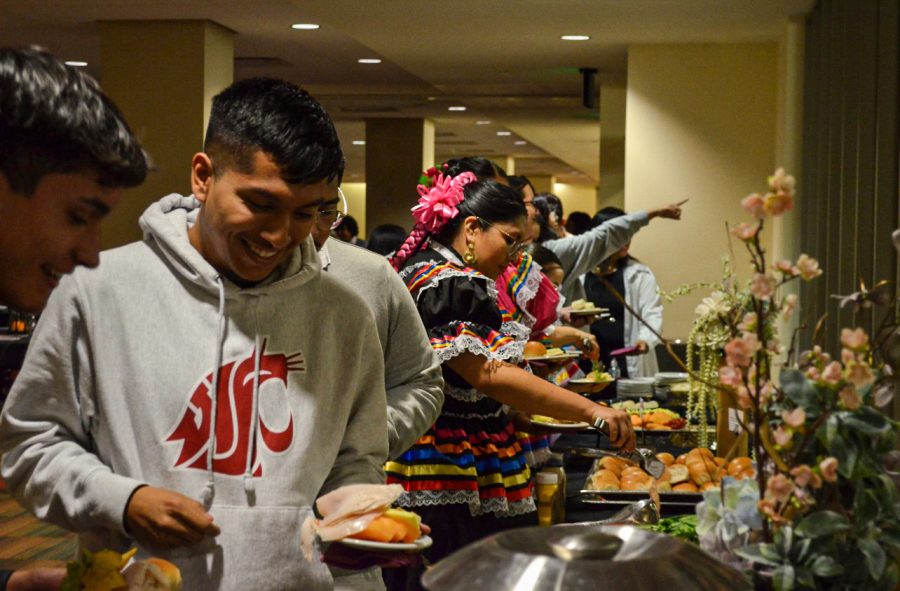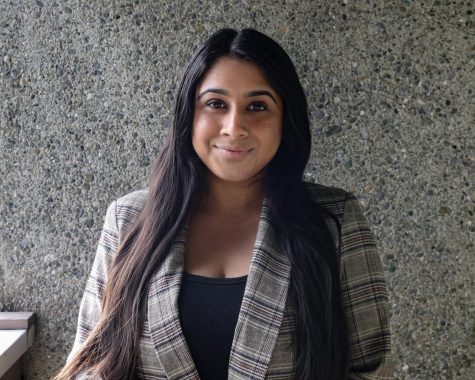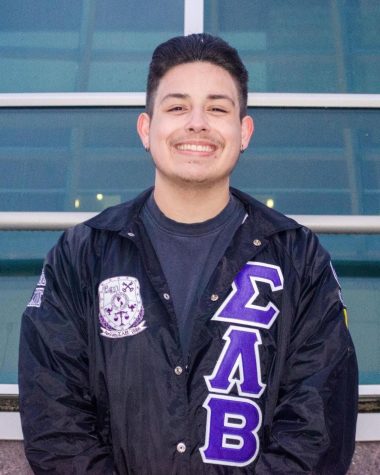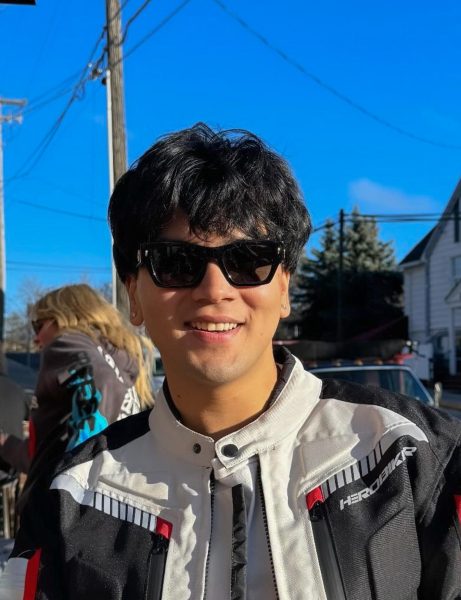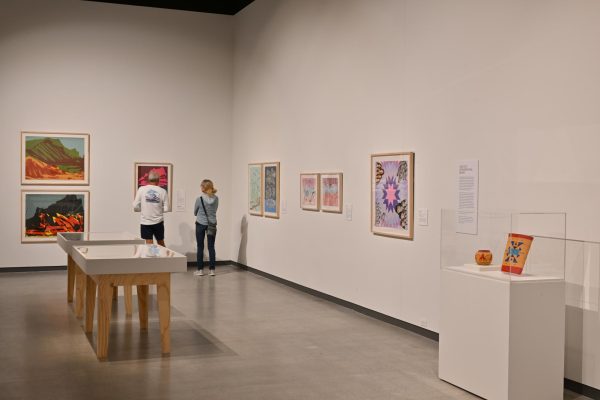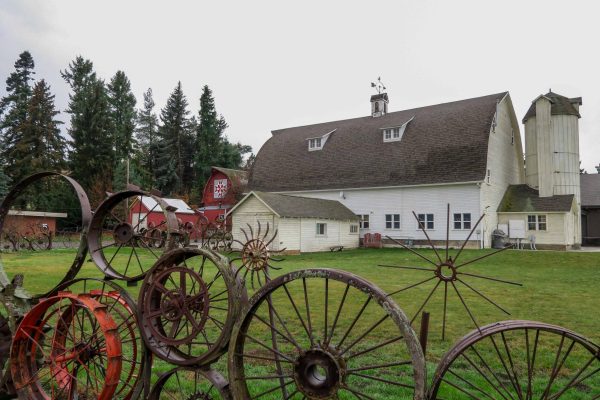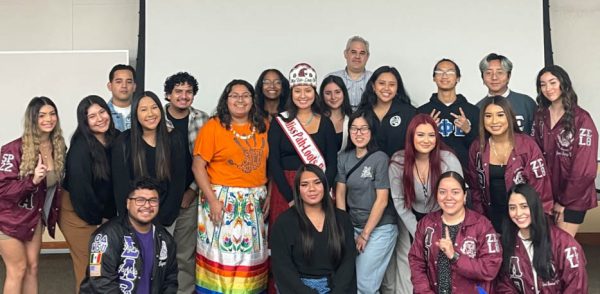Voices that Echo comes from the soul
First-generation WSU alumnae share experiences with imposter syndrome, student organizations
The Chicanx Latinx Student Center hosted three panelists on Wednesday in the Compton Union Building Junior Ballroom.
October 21, 2022
When Berta Herrera Trejo came to WSU with her four children in 1997, she was a single mother who had just completed her GED. Now, she is a teacher who is pursuing the National Board Certification, with a story that would inspire many first-generation students like her.
Trejo, along with Noelia Hernandez Valdovinos and Dina Ibarra, were three panelists who spoke about their student experiences at the Voices that Echo event, which was hosted by the Chicanx Latinx Student Center on Wednesday in the Compton Union Building Junior Ballroom.
“[It was] a huge culture shock for me coming to Pullman,” Ibarra said. “It was hard to identify who my people were.”
Ibarra said during the panel that it was difficult voicing her thoughts in class because she did not understand what her professors were saying. Once she found the resources, like Mujeres Unidas and Movimiento Estudiantil Chicanx De Aztlán, she learned how to face those challenges.
“Mujeres Unidas almost went dormant when I was a student. I made sure there were conferences and that [the organization] was alive,” she said.
Trejo said she came to WSU as a single mother with four kids, and her professors doubted she would be able to complete her education. However, she said she did complete her education and made it through college.
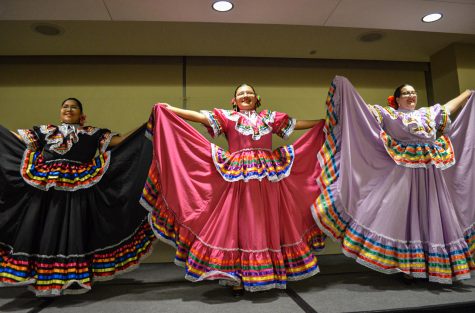
Ballet Folklórico performed during the Voices that Echo event.
“Another challenge is when I failed all my classes. My professor told me that I did not speak good or write good in English,” she said. “I lived in the writing center.”
During her college career, Trejo was also a member and co-chair for MEChA, Children of Aztlan Sharing Higher Education and Mujeres Unidas. She drew the logo for Mujeres Unidas.
Valdovinos, a first-generation migrant farmworker, was involved with Mujeres Unidas, MEChA and the Coalition of Women Students. She said being part of the panel was an honor and very humbling.
“These are future leaders who will make things happen,” she said. “My inspiration [for the panel] comes from my soul, what’s in my heart and community.”
During the panel, Valdovinos spoke about her experience with imposter syndrome during her time as an undergraduate student. She said she felt there were not a lot of people who looked like her, but coming back to Pullman this week made her happy because there is more diversity.
When she was a student, she said students felt as if they could only be part of one organization, and there would be tension if someone was part of more than one club.
“We’re all one, right? Whether you’re in a sorority or in a mechista [MEChA] there was this huge tension when we were here. If you were in a mechista, you couldn’t go here. It was such an interesting dynamic,” she said.
Valdovinos said she now spends her time with activism through the Love Peace Harmony Foundation and coordinates spiritual support for the homeless.
“When your heart is in service with others, that’s when you’re most happy,” she said.
When Ibarra was a student, she said there used to be one-week celebrations for events such as Hispanic Heritage Month, but she is happy to see that it is celebrated for a month now at WSU.
Ibarra works with first-generation and low-income students. Through her activism, she is working on getting CASHE institutionalized.
At the end of the event, the student organization Ballet Folklórico performed a few songs. After the performance, Elvia Diaz, the retention counselor for the CLSC, said she was happy the group was alive and active because it reminds everyone of their roots.
“I feel that there are so many [organizations] that students can choose to be part [of]. The interest always falls in students in wanting to make a change,” Ibarra said.

